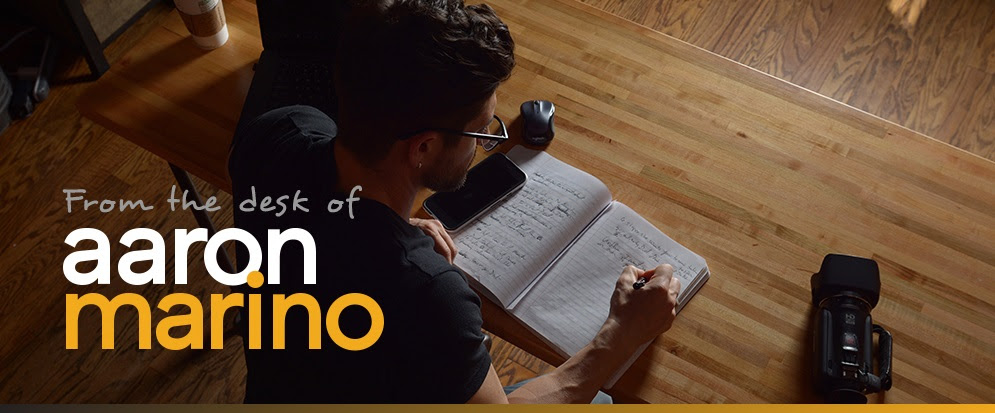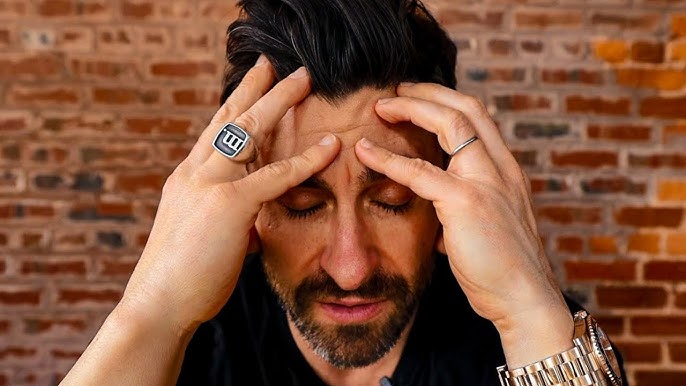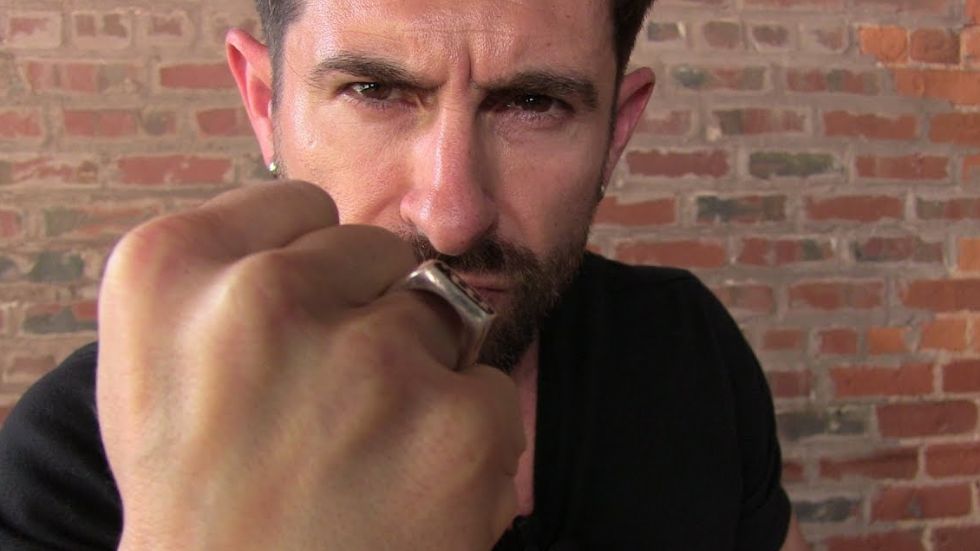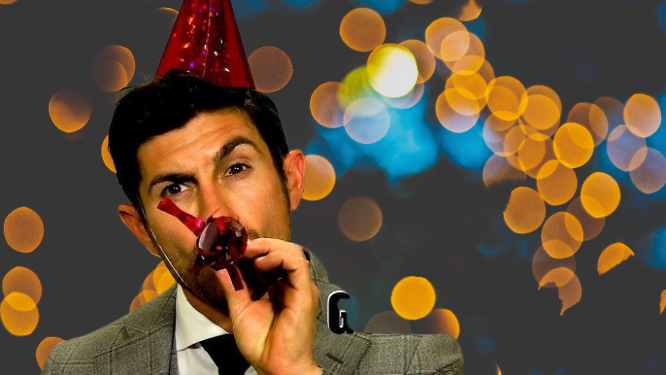Do you have people in your life who say “Sorry” to keep the peace? You know they don’t actually mean it. Do you accept this apology? Or do they need to prove, through actions, they mean they’re sorry and will prevent that mistake from happening again? People make mistakes – we’re all human and bound to mess up. But “sorry” can be weak, ingenuine, and insincere sounding. Adding an explanation of why an apology is necessary. Still, the apology must be proper by letting in on what was going through your head then. Otherwise, the apology may be misdirected.
A SINCERE apology is never wholly meaningless. Someone is giving their word that the mistake will not be repeated. But apologizing is such a difficult action for some people to take. Some people cannot bring themselves to acknowledge causing pain, doing something wrong, or holding themselves accountable. Regardless if the apology means anything to the one apologizing, apologies should relay why they are remorseful for their actions, which can mean the world to the other person.
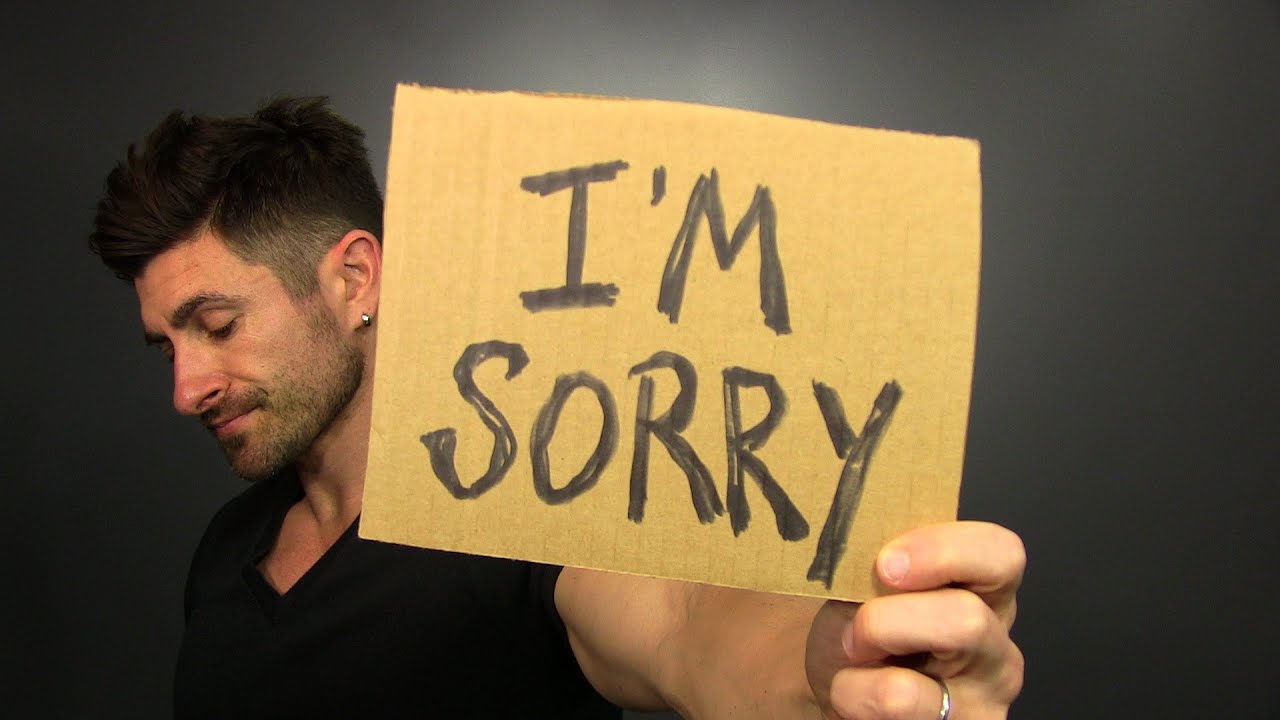
What can get tricky is that people can put their own spin on an apology, where the words are not the main point. Two ways can be used to approach an apology or saying “sorry.” They may be used in different scenarios. The word “apology” comes from the Greek word “apologa” which means speech in one’s own defense. Conversely, “sorry” comes from the Old English base of the noun sore, with the apparent connection to the word sorrow.
Apologizing explains WHY something happened, regardless if the person apologizing feels terrible about it. Taking the time to define one’s actions to another means that the other person is recognized as a human with whom they revere enough to extend an explanation. We don’t typically explain ourselves to those we don’t respect. Feeling sorry allows the other person to know that the person apologizing FEELS BADLY for whatever was done, regardless of why it happened or if it was justified. Saying sorry SHOWS the person apologizing feels bad that they hurt someone – and they feel strained in the process too.
Neither apologizing nor feeling sorry includes an acceptance that the apologizer believes they shouldn’t have done XYZ. Neither apologizing nor feeling sorry communicate that given the same set of circumstances, they won’t do the same again. These both can be expressed with an apology or expression of being sorry – but it’s optional.
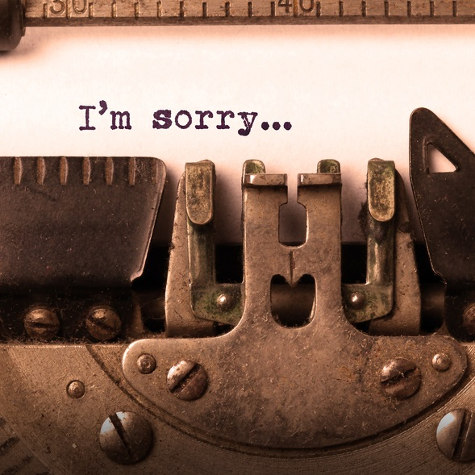
Don’t mix the person who is authentically sorry for hurting someone’s feelings (but may stand their ground for their own feelings) and the person who doesn’t give a sh!t and hides their empathy with manufactured wording. For instance, someone who says, “I am sorry you feel that way” may be dismissive or placing all the blame on the other person. The apologizer also could be implying they did nothing wrong; however, they acknowledge the other person is still mad at them.
Sometimes people are flat-out wrong, and sometimes the way others feel isn’t justified – it’s just selfish. “I’m sorry you feel that way” is a perfect response to those people. For example, if someone believes they should have received something they didn’t earn and then complain about it, saying “I’m sorry you feel that way” isn’t invalidating their feelings. It acknowledges the situation even though they did nothing to deserve or earn what they expected or wanted.
The issue is that people often need to take responsibility for their actions. But often, many people may not regret what they did (perhaps they haven’t done anything wrong), but they ARE sorry for how it made someone feel. Actually, this acknowledgment is mature and healthy. The apologizer demonstrates that they care enough about the other person to recognize how they feel – and that is more important than whether they objectively have something to apologize for.
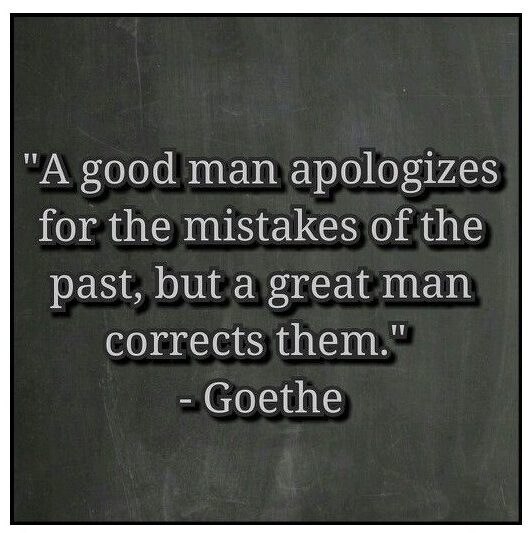
Don’t get me wrong – an apology doesn’t necessarily need to be extended the second someone’s feelings may be hurt. There is a difference between apologizing for being wrong and apologizing because someone is upset by something they perceive or believe. And sometimes, you may feel bad for the distress, but you don’t feel an apology is necessary. For example, someone is upset about something unrelated to you. Perhaps a mutual friend slighted them. You apologize because you feel bad and want to be supportive, but there is nothing you can do about it, and you don’t want to get involved.
Also, when someone seems extremely upset over something minor or asks you to do something you will not (no matter what), you could say, “I didn’t realize this was so important to you.” If you don’t want to continue arguing, you could say, “I’m not going to argue with you about this anymore.” And if they are a friend, you could add something like, “I don’t think we’ll ever see eye to eye on this.” But if someone takes action based on their emotion unjustifiably and hurts you, they are responsible for their actions and should apologize accordingly.
Often, we may regret an action or careless words and WANT to make amends, but we can get clumsy around the actual apology itself. At the end of the day, a proper apology should be specific – (1) express your regret and say sorry. (2) Acknowledge what was wrong and explain why you did what you did. (3) Further, explain why it was wrong and what should have been done instead. (4) Take full responsibility for the wrongdoing and state how to prevent it from happening again. (5) Explicitly say you are sorry and explain how you will right the wrong (make it up to them). (6) Ask for forgiveness and hope they grant it — but remember, actions speak louder than words.

